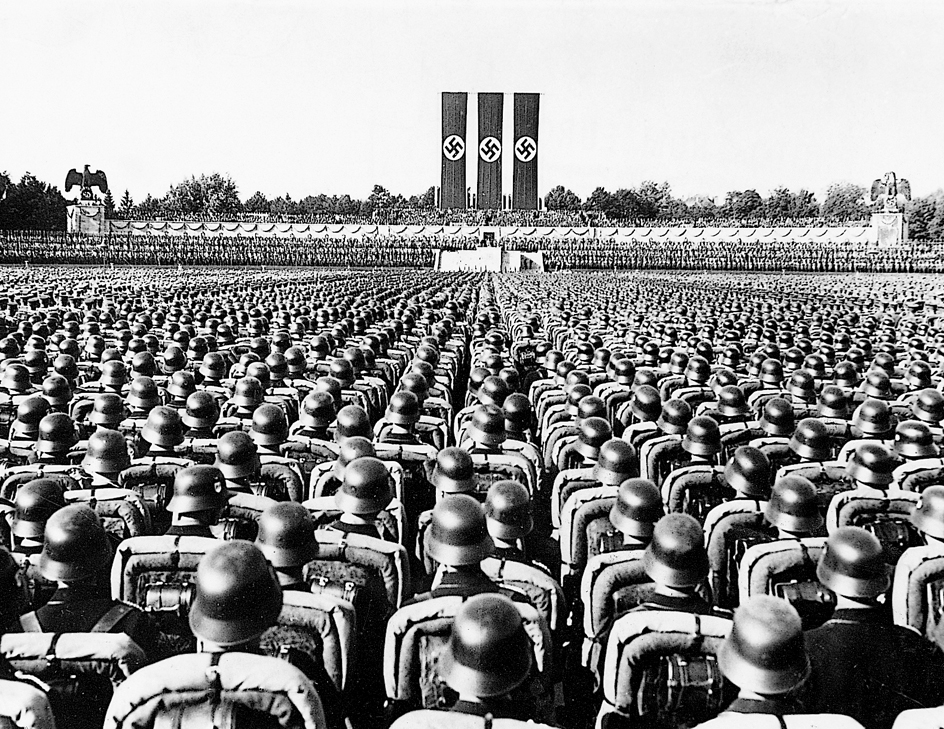Gestapo, << guh STAH poh, >> was the secret police force of Nazi Germany. The name is short for Geheime Staatspolizei (Secret State Police). Formed in 1933, the Gestapo was originally used to smash opposition to the Nazi Party led by Adolf Hitler. Heinrich Himmler, a close follower of Hitler’s, became head of the Gestapo in 1934. In 1939, Himmler brought the Gestapo and all of Germany’s political and regular police forces, as well as the newly established concentration camps, under unified control.

During World War II (1939-1945), the Gestapo worked closely with the military within Germany and its occupied territories. Gestapo agents rounded up people who were considered disloyal or undesirable, sometimes killing them or sending them to concentration camps. Gestapo agents also countered Allied and underground sabotage efforts, censored publications and films, and dealt with general matters of security. Noted for its brutality, the Gestapo trained its agents in a variety of torture, interrogation, and execution techniques. At its peak, the Gestapo numbered about 45,000, with a much larger network of informers and agents.
Following Germany’s defeat in World War II, the Nuremberg Trials found the Gestapo guilty of a variety of war crimes and crimes against humanity. The Gestapo had, among other things, played a central role in the mass murder of millions of Jews and other civilians. Few leaders of the Gestapo were brought to trial, however, because most were already dead or had escaped under new identities.
See also Himmler, Heinrich ; Hitler, Adolf ; Nazism ; Nuremberg Trials .
